Amazon says its plastic packaging can be recycled. An investigation finds it usually isn’t – Grist Magazine
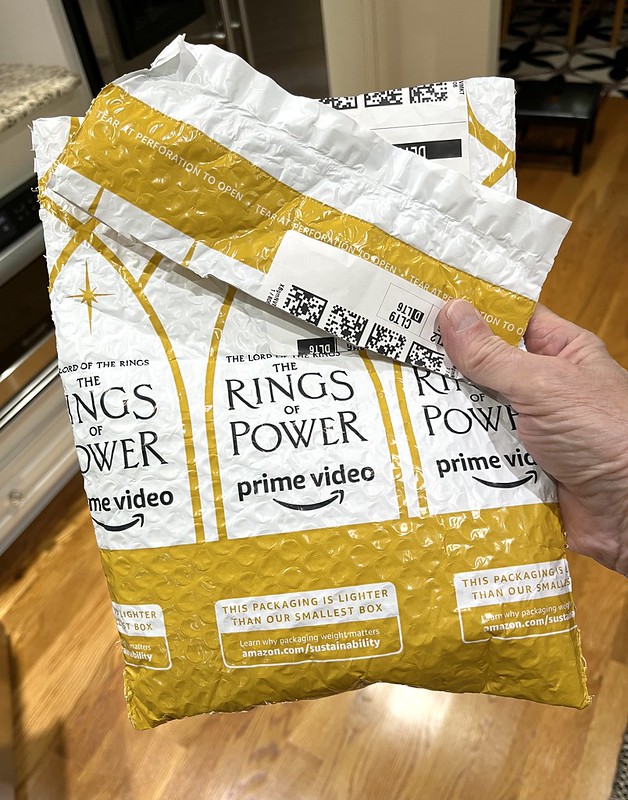
Trackers placed in 93 bundles of Amazon packaging marked for “store drop-off” recycling showed many of them were buried or burned…
First Comprehensive Plastics Database Tallies Staggering 16,000 Chemicals—And It’s Still Incomplete – Scientific American
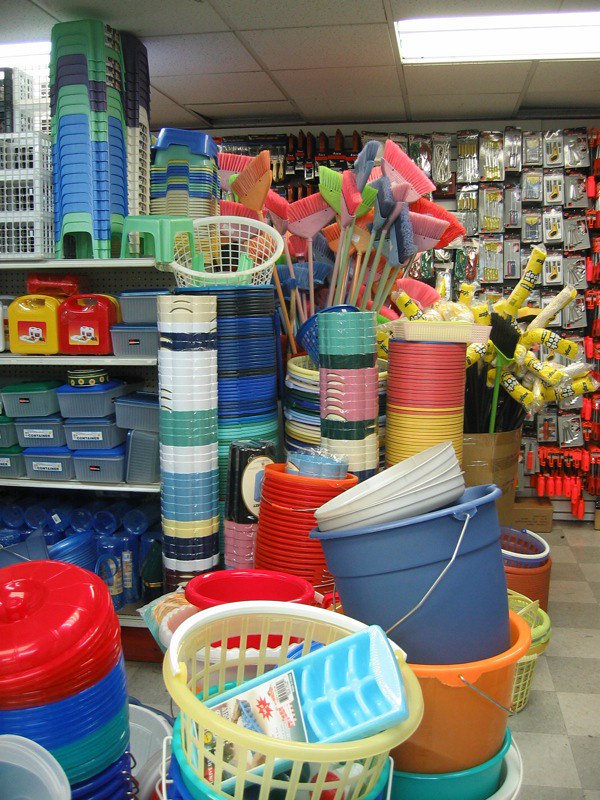
A massive new dataset highlights more than 4,200 plastic chemicals linked to health and environmental risks. But scientists say there are still large gaps in the scientific understanding of plastic ingredients…
Under pressure from activist investors, big brands agree to report and reduce plastics use – Grist Magazine
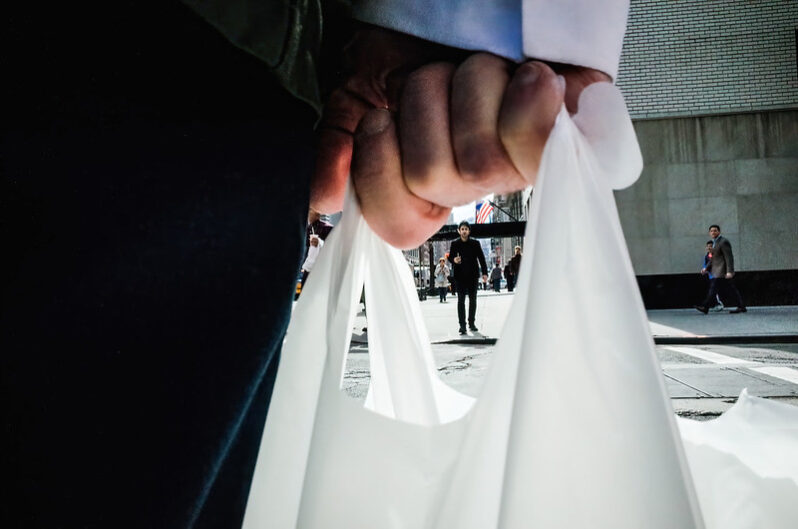
Shareholder advocacy groups have already won plastics-related concessions from companies including Disney, Hormel, and Choice Hotels…Globally, two garbage trucks’ worth of plastic enter the ocean every minute, and plastics and petrochemical companies are planning to make even more of the material over the coming decades…
Nanoplastics linked to heart attack, stroke and early death, study finds – CNN
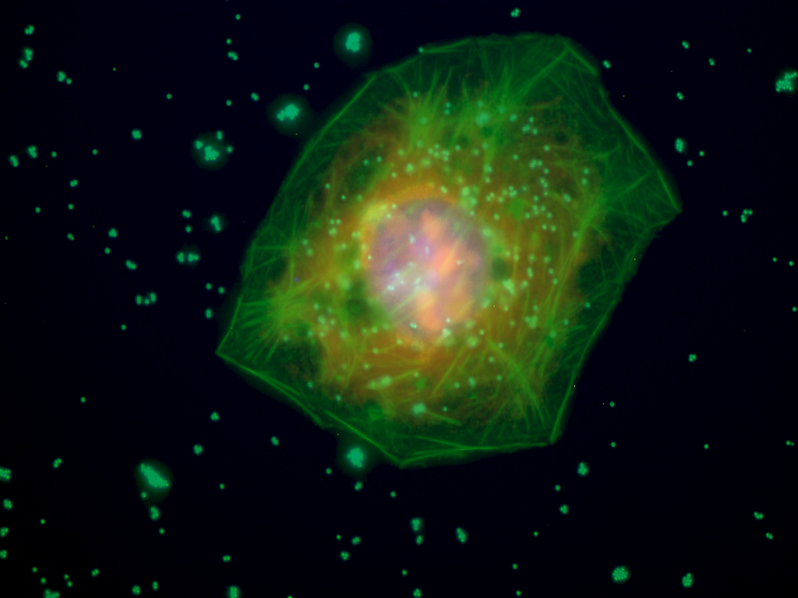
People with microplastics or nanoplastics in their carotid artery tissues were twice as likely to have a heart attack, stroke or die from any cause over the next three years than people who had none, a new study found…“To date, our study is the first that associated the plastic contamination with human diseases,” said Raffaele Marfella, lead author of the study published Wednesday in the New England Journal of Medicine…
Microplastics found in every human placenta tested in study – the Guardian
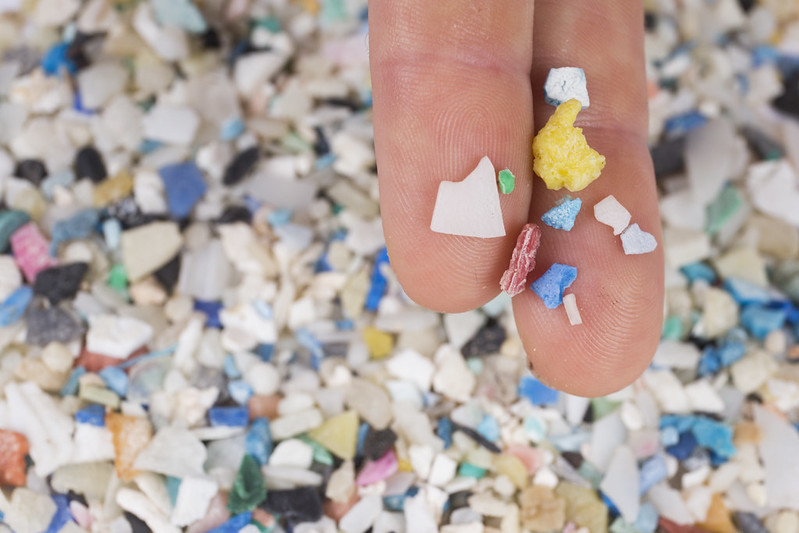
Scientists express concern over health impacts, with another study finding particles in arteries…The scientists analysed 62 placental tissue samples and found the most common plastic detected was polyethylene, which is used to make plastic bags and bottles. A second study revealed microplastics in all 17 human arteries tested and suggested the particles may be linked to clogging of the blood vessels…
Reduce, reuse, redirect outrage: How plastic makers used recycling as a fig leaf – NPR
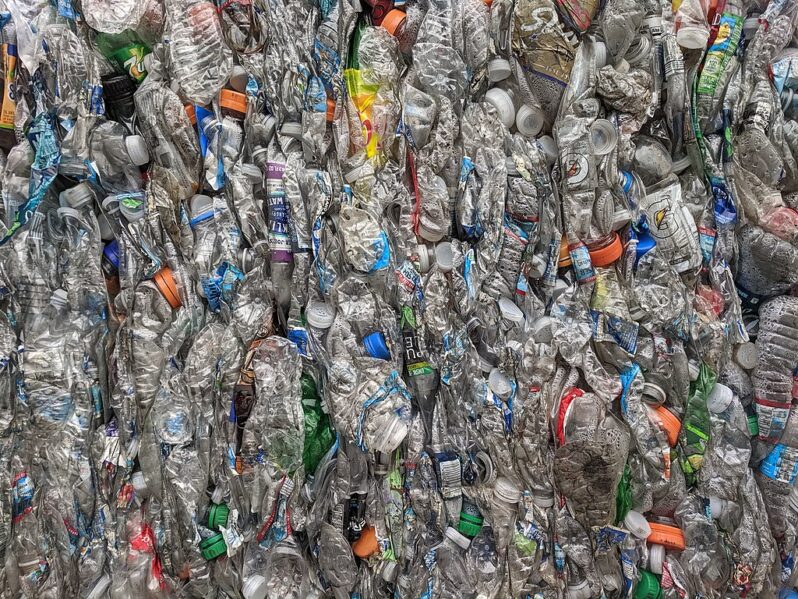
Former industry officials have said the goal was to avoid regulations and ensure that demand for plastics, which are made from fossil fuels, kept growing. Despite years of recycling campaigns, less than 10% of plastic waste gets recycled globally, and the amount of plastic waste that’s dumped in the environment continues to soar..
California’s war on plastic bag use seems to have backfired. Lawmakers are trying again – the Los Angeles Times
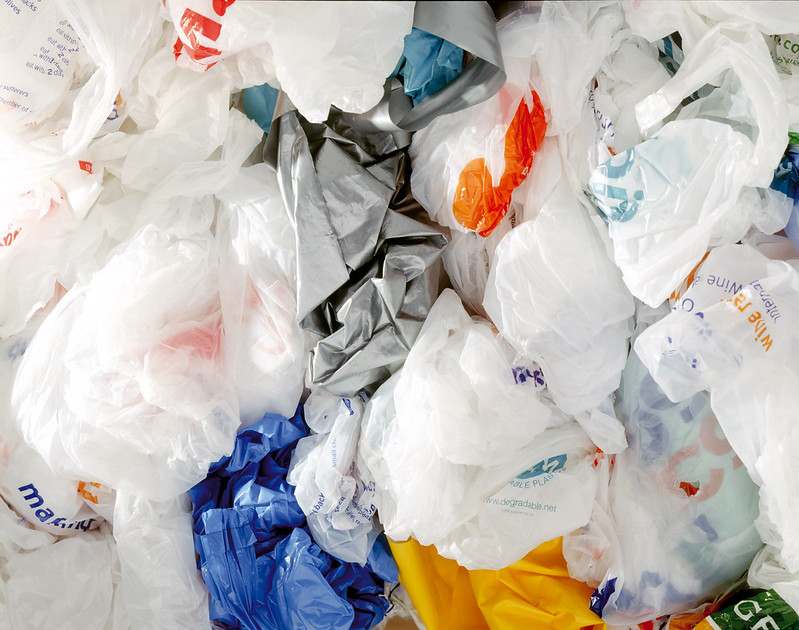
According to a report by the consumer advocacy group CALPIRG, 157,385 tons of plastic bag waste was discarded in California the year the law was passed. By 2022, however, the tonnage of discarded plastic bags had skyrocketed to 231,072 — a 47% jump…The problem, it turns out, was a section of the law that allowed grocery stores and large retailers to provide thicker, heavier-weight plastic bags to customers for the price of a dime….
The nurdle hunters: is combing UK beaches for tiny bits of plastic a waste of time? – the Guardian
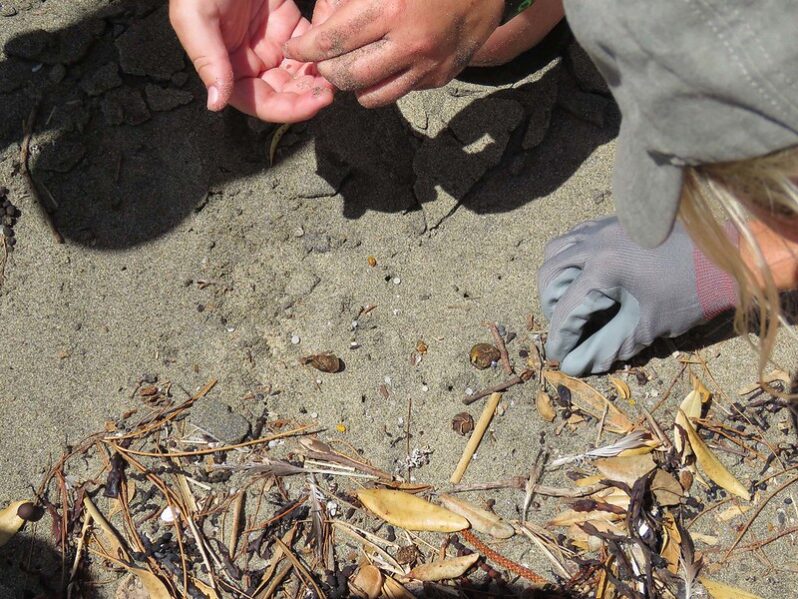
More than 170tn plastic particles are floating in the world’s oceans – and millions of them wash up on our shores…
Plastic bag bans have already prevented billions of bags from being used, report finds – Grist

“The bottom line is that plastic bag bans work,” said Faye Park, president of the U.S. PIRG Education Fund, in a statement. “People realize quickly it’s easy to live without plastic bags and get used to bringing a bag from home or skipping a bag when they can…”
